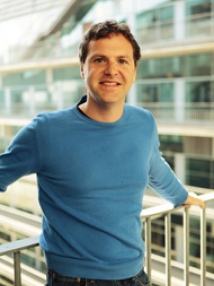BibTex format
@article{Broedel:2017:10.1016/j.copbio.2017.11.004,
author = {Broedel, AK and Isalan, M and Jaramillo, A},
doi = {10.1016/j.copbio.2017.11.004},
journal = {Current Opinion in Biotechnology},
pages = {32--38},
title = {Engineering of biomolecules by bacteriophage directed evolution},
url = {http://dx.doi.org/10.1016/j.copbio.2017.11.004},
volume = {51},
year = {2017}
}

